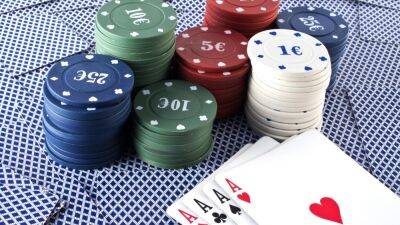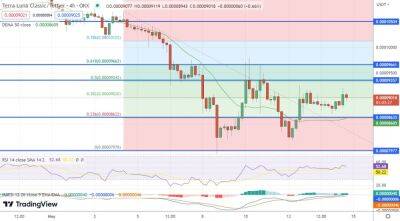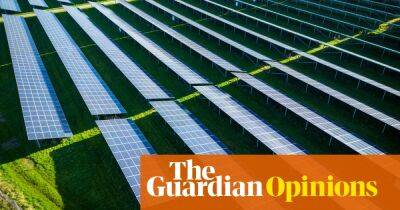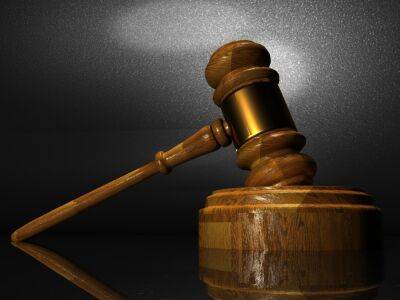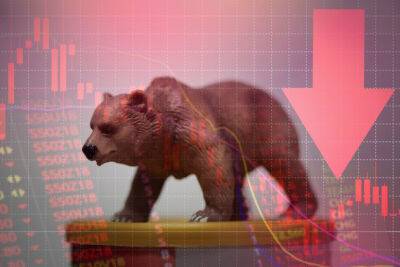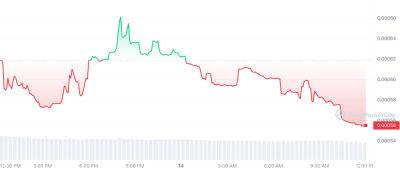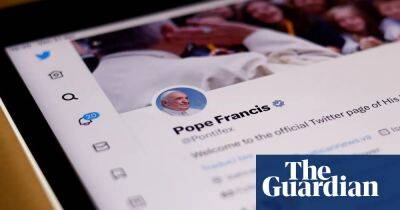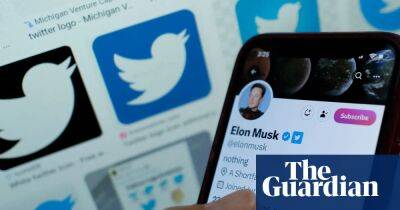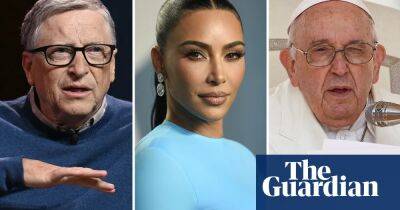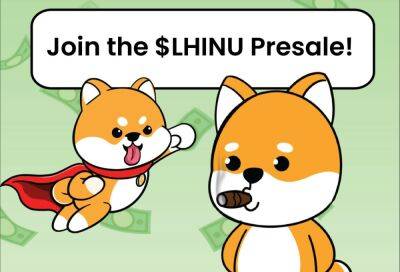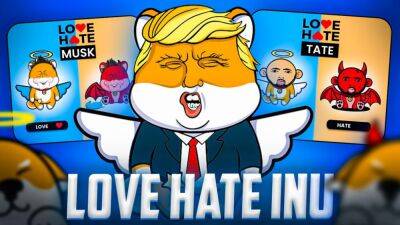Elon Musk hates journalists but journalists love Twitter. Where does that leave us?
L ast October, the richest manchild in human history fell into the trap he had dug for himself. Elon Musk was forced to purchase Twitter at an absurd price. He had no clear idea of what to do with his new acquisition, other than realising a fatuous idea about “free speech”. It was like watching a monkey acquire a delicate clock: the new owner started thrashing wildly about, slashing the headcount (from 8,000 to about 1,500) – in the process losing many of the people who knew how the machine worked – and generally having tantrums while tweeting incontinently from the smallest room in the company’s San Francisco headquarters.
All of this frenetic activity was watched – and avidly reported for weeks – by the world’s mainstream media, for reasons that would have puzzled a visiting Martian anthropologist. After all, in relation to the other social-media companies, Twitter looked like a minnow. Most people have never used it. So why all the fuss about its acquisition by a flake of Cadbury proportions?
The answer is that there is a select category of humans who are obsessive users of Twitter: politicians; people who work in advertising, PR and “communications”; and journalists. These are people who spend every waking moment on the platform, and use it to disseminate information, argue, troll, boast and engage in relentless virtue-signalling. Given that some (many?) of these people work in media, their obsession with Twitter meant that it had become, de facto, a significant part of the public sphere. If you wanted to be anyone in that networked world, you had to be on Twitter.
The person who understood this best was Donald Trump, who was an inspired maestro of the medium. He campaigned on Twitter, and eventually even governed by
Read more on theguardian.com



